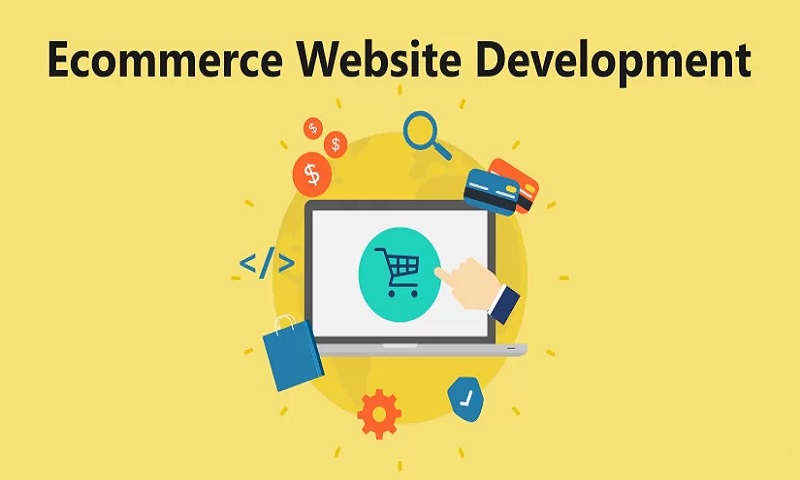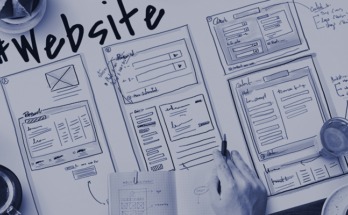Ecommerce Website Development has undergone some changes over the past few years and continues to change with new trends. Ecommerce Website Development can be a daunting task for business owners who want to grow their online presence. But if you do not have the knowledge to do so. We will help you to decide that through this blog.
There are many factors to consider in this process that can ultimately make or break your business in the long run. A good e-commerce website developer should be able to provide you with all of the necessary tools that will help you achieve your goal of creating an effective and high-quality eCommerce platform.
You have decided to start an e-commerce website. Great! But how do you do it? Starting an e-commerce website is no easy task, but with a little forethought and planning, you can get your new business off on the right foot. Today we will cover all the major components that make up an e-commerce website.
Here we have listed the major components of eCommerce website development:
Web Design and User Experience:
E-commerce sites, like any other customer-facing business, necessitate careful consideration of design and user experience. Ecommerce sites must be effective and easy for customers to navigate to generate sales. Above all, eCommerce websites should be visually appealing so that customers return again and again.
Optimise web for Search Engines
SEO is a strategy used to improve your website’s visibility in search engines like Google, Bing, and Yahoo. In order to optimise for search engines, there are a few key things you should pay attention to in content marketing. That is off-site link building (where your site gets links from other sites). Keyword density and internal linking structure are two on-site SEO factors. Ensure mobile-friendliness for site visitors who access your site through their phones or tablets.
Choosing Platforms and Shopping Carts
Platforms and shopping carts are what set your eCommerce site apart from all others. There are a lot of platforms out there, but we’ve reviewed some of our favorites. They provide a myriad of features while also keeping everything in one place. So you don’t have to hop around looking for other tools.
Managing Content
Content management is one of the most important aspects of e-commerce web development. It refers to managing the content on your website and ensuring that it’s regularly updated. You need a system in place that makes it as easy as possible for you to change content on your site without compromising your SEO efforts or increasing your risk of exposing yourself to cyber attacks.
Promoting Your Website
While eCommerce web development is an essential component of your eCommerce store, many other factors come into play when trying to attract consumers. These include how you market your site and your overall brand appeal. Your products or services aren’t going to sell themselves! You need to make sure people know you exist and why they should spend their hard-earned money with you instead of your competitors.
Internationalisation, localisation, and accessibility
If you’re developing a website or application for international or global use, you need to take localisation into account. Localization refers to tailoring your product or content for a particular market. Depending on where you’re selling and which language(s) they speak, your product should reflect your customers’ culture, language, and any other special requirements.
Integrating Payments with Third-Party Solutions
The ability to accept a wide range of payments is crucial for eCommerce success. But if you’re using a shopping cart such as Magento or Shopify, accepting payments can be complicated. However, you’ll be able to integrate payment solutions without compromising your site’s security and brand image.
Performance Metrics
The most important of all these metrics are conversion rates and customer lifetime value. Conversion rates are measured as the percentage of visitors that take an action. Such as signing up for your newsletter or making a purchase on your site. The good news is that you can influence both of these through proper tracking and testing. Customer lifetime value is simply how much money you will make from a customer over time, including all future purchases and repeat business.
Conclusion
Our guide should provide you with an invaluable resource of top-level ideas that help your website stand out. More importantly, it will help you understand that great websites start from within and are based on a solid framework. If you are ready to create a modern, high-quality, useful website for your company, don’t forget RVS Media, an award-winning Ecommerce Website Development company. We are one of those all-inclusive web development companies that can help get your site up and running quickly.




